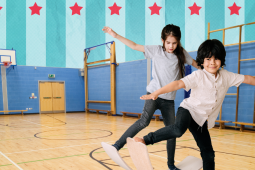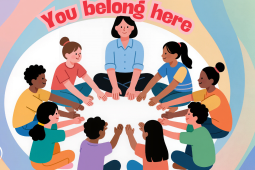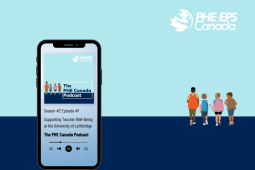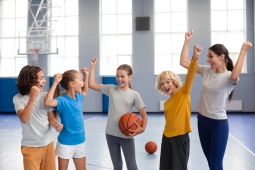Teacher to Teacher: How to Spend More PE Time Outside
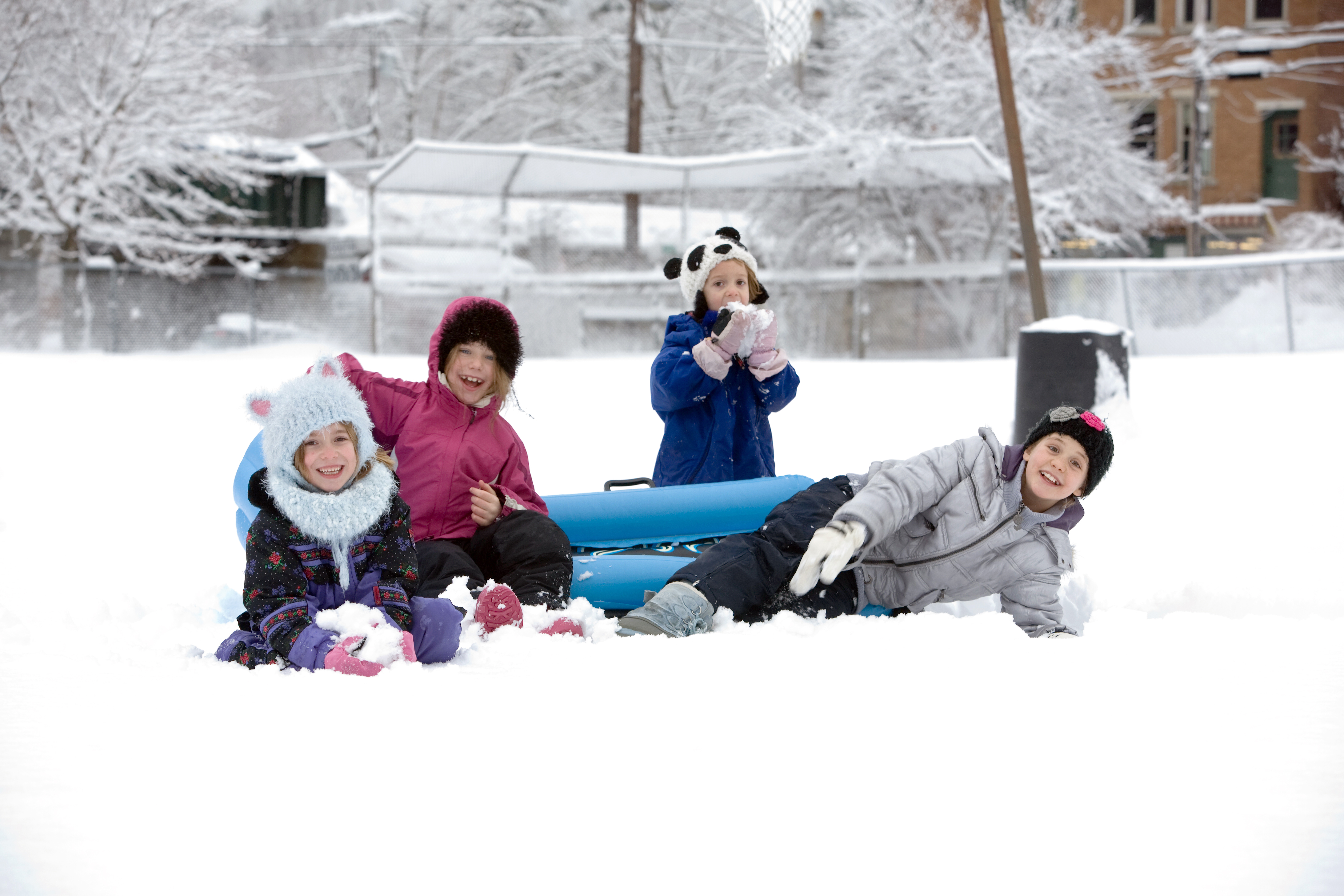
Previously published in Volume 83, Issue 3
Being a health and physical educator is rewarding. Your work has an impact on the lives of your colleagues, your students, their families and their communities.
But it’s also a career with its challenges. We want our members to be able to connect and share how they handle the issues that come up in their classrooms and schools so we can all continue to learn and build our professional repertoires together.
In this section of the Journal, we feature questions posed by teachers (by way of social media or email), and answers directly from their colleagues.
Question: I'm hoping to spend more time outdoors with my classes next year, and I don't want to have to bring equipment. Any suggestions on activities that would be both fun and challenging?
Answers: Teachers from across the country suggested the following ideas:
Orienteering | string orienteering | nature scavenger hunt
Teachers can either download a course idea, or have the students create the control points, or the teacher can create a challenging course that ask students to discover a variety of control points in a local park, etc.
Tag games
Teachers can have students engage in a variety of tag games outside (consider developmental appropriateness)
Traditional recess games
Teachers can promote traditional recess games that require minimal equipment (e.g., Four-square, jackpot, etc.)
Walking experience
A class walk may seem closer to simple physical activity, however, with a bit a teacher creativity the walk can turn into an effective physical education lesson. (You could even incorporate pedometers into the outing.)
Innovative games
- Teachers can create new games for small groups that require minimal equipment (one or two items, maximum) and have students demonstrate and teach the innovative game to the class.
- Take pictures of your outside landmarks (e.g., playground pieces, field areas, outdoor sections of the school, etc.), post on cardstock with a fitness challenge below and laminate. Students in small groups take one card at a time, run to the landmark in the picture and complete the fitness challenge stated, then repeat with multiple cards
- Create fitness maps of your outdoor school area. Draw a route on a map and create a legend to complete specific fitness or active activities/games through the route on the map. Start with a variety of teacher-created maps, then have students create their own maps and share with each other. (It's a great idea to laminate the maps so they can be used on multiple occasions.)
Take advantage of snow
Any time there is snow, our school uses crazy carpets with a rope attached. Students take turns pulling each other across the field on the crazy carpet (no hills in sight at our location!). It's a great workout, and can also be done as a relay race.
Have a question you'd like to ask your peers? We'd love to hear it! Send your questions to [email protected] and we'll do our best to find some helpful answers.





